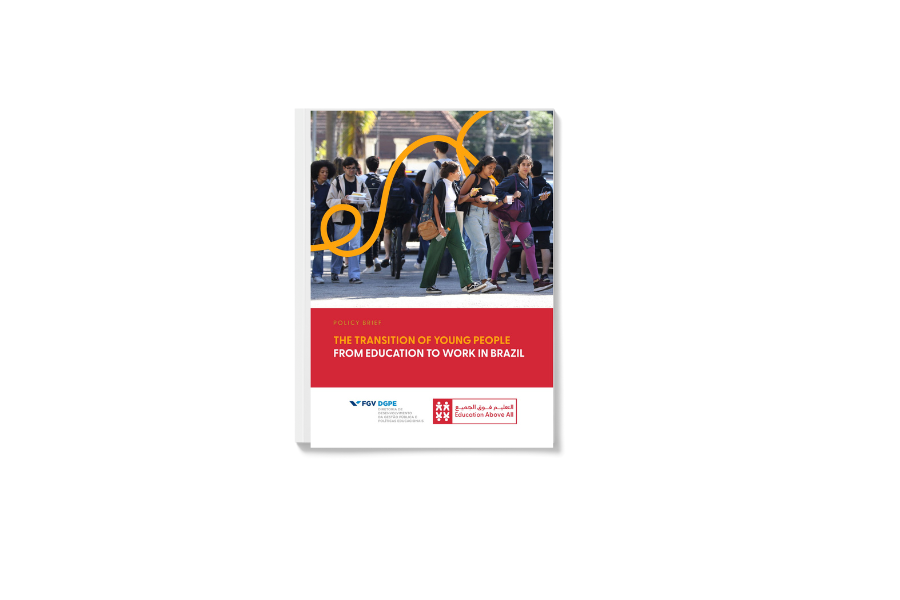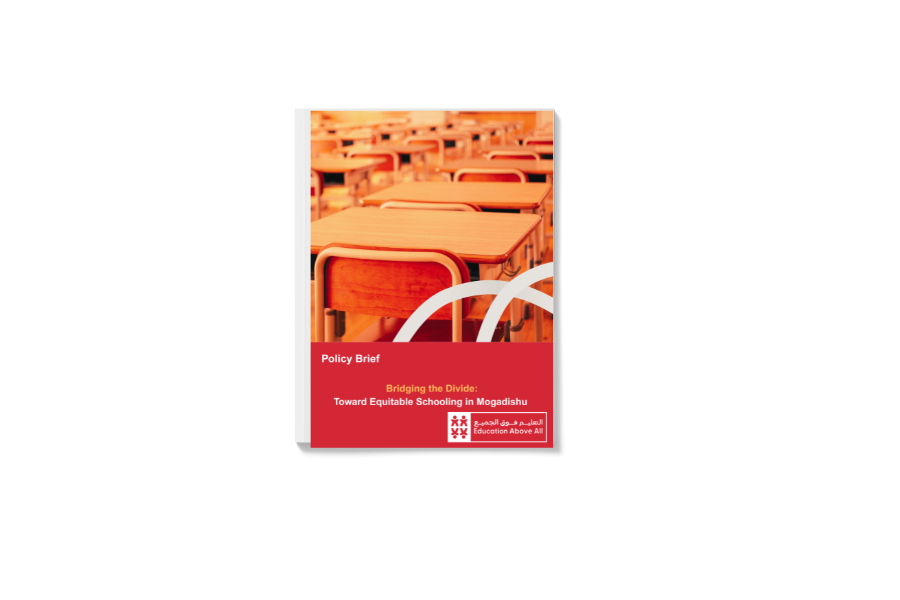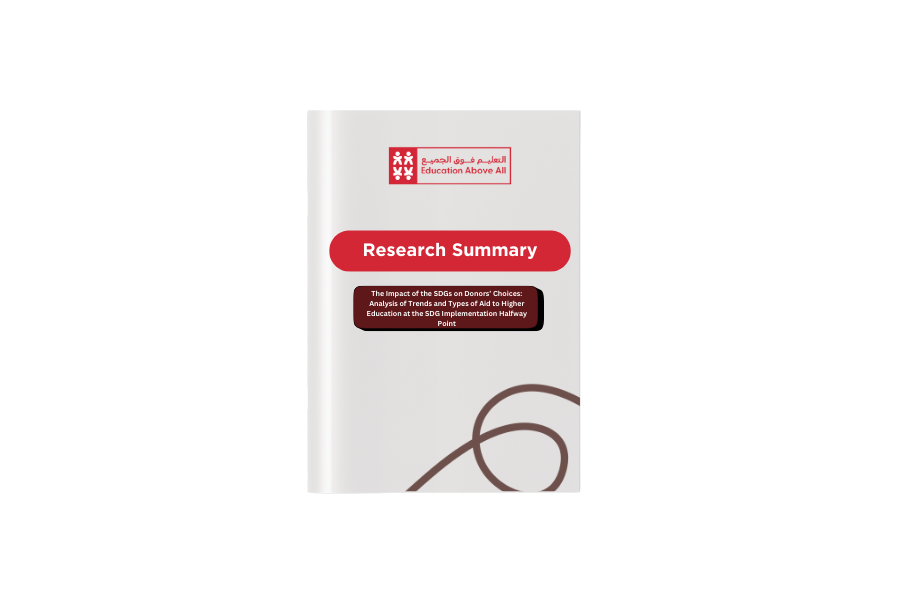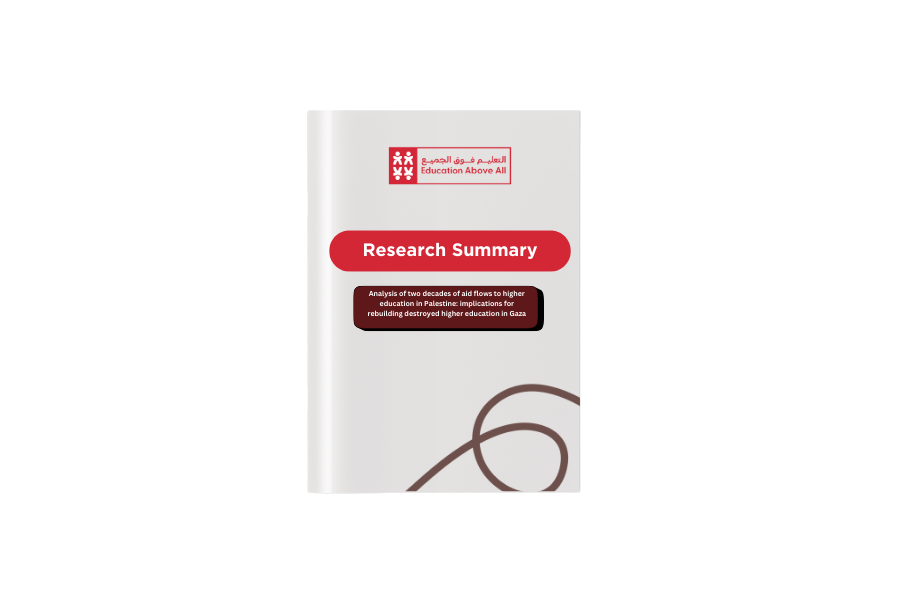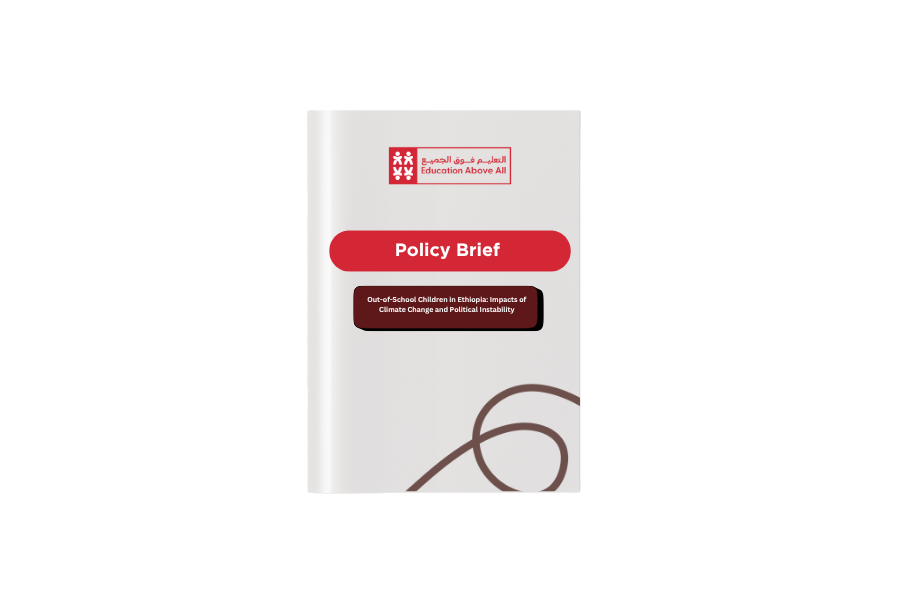
Policy Brief : Out-of-School Children in Ethiopia: Impacts of Climate Change and Political Instability
This policy brief, "Addressing the Impact of Climate-Induced Environmental Shocks on Out-of-School Children in Ethiopia," explores how climate change, coupled with political instability and poor land management, disrupts education and increases the number of out-of-school children (OOSC). The brief underscores how recurring droughts, floods, and displacement have destroyed educational infrastructure, forced children out of classrooms, and deepened educational inequalities.
The brief draws on evidence that climate-induced shocks have long-term effects on cognitive development and academic outcomes, particularly for vulnerable children. It emphasizes the urgent need for climate resilience in the education sector through systemic interventions, infrastructure investments, and community-based adaptation strategies.
What This Policy Brief Offers
-
Analysis of Climate Change Impacts on Education
-
Insights into Community and Institutional Vulnerabilities
-
Evidence-Based Recommendations for Building Climate Resilience
Why It Matters
Ethiopia’s education system is at the frontline of climate change. As environmental shocks increase in frequency and intensity, millions of children risk losing access to education. Addressing these challenges requires integrating climate resilience into education policy, empowering communities, and ensuring infrastructure and data systems are equipped to respond to environmental crises.
👉 [Read the full policy brief] to learn how climate resilience education, infrastructure investment, and community-led adaptation can protect children’s right to education in the face of climate change.
Key Publication
Semela, T. and Cochrane, L., Out-of-School Children in Ethiopia: Impacts of Climate Change and Political Instability. Available at SSRN 4786626, DOI: 10.2139/ssrn.4786626.
Keywords
Climate-Induced Environmental Shocks, Climate Resilience Education, Community-Based Adaptation, Data Collection and Monitoring, Climate-Resilient Infrastructure

